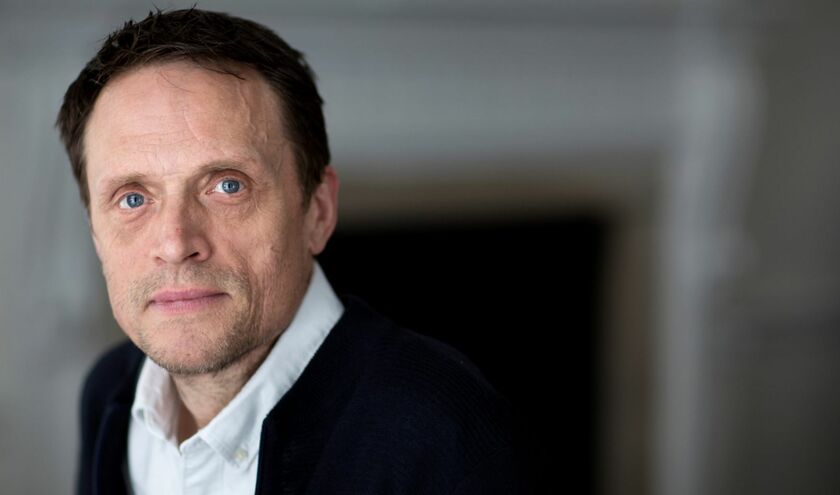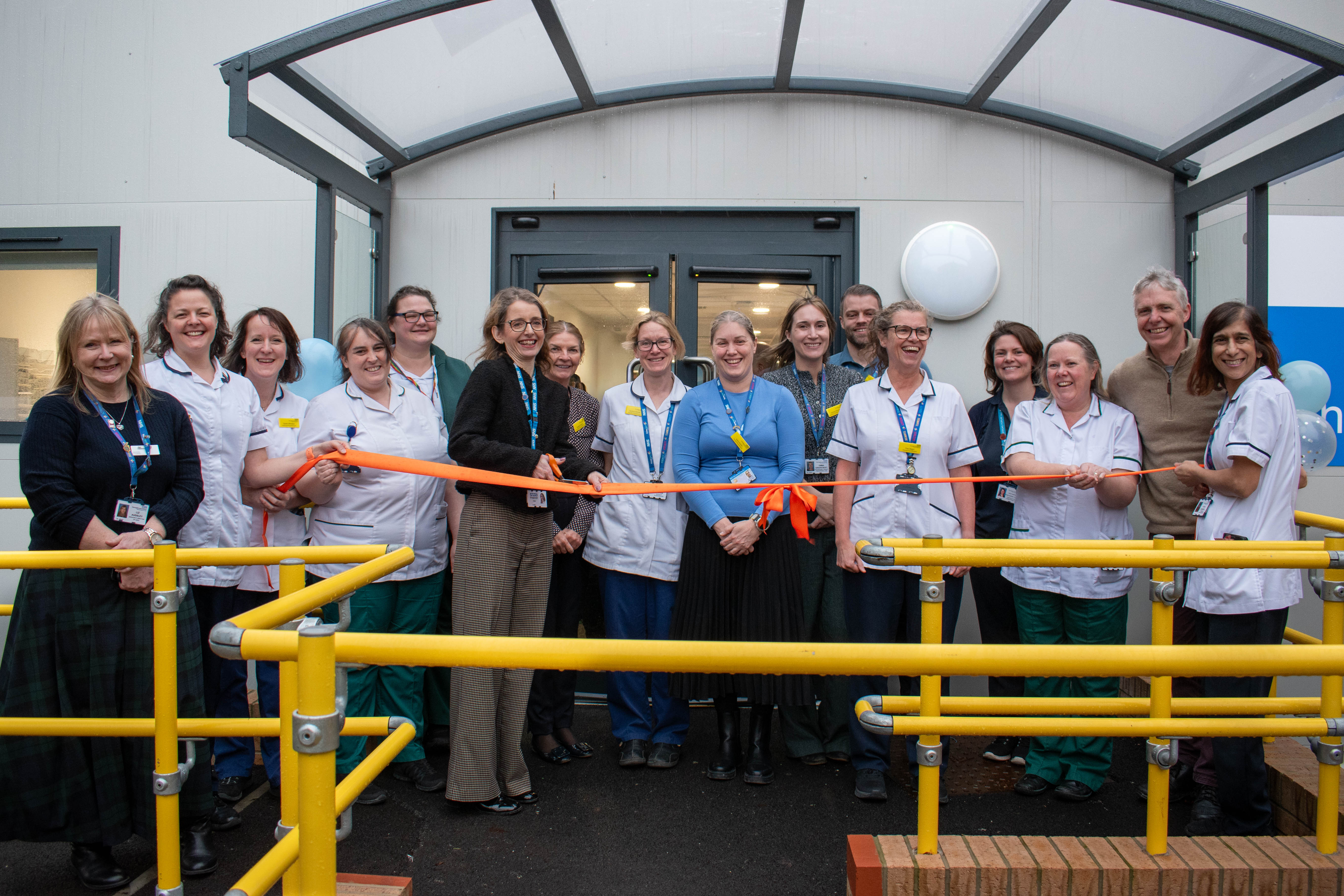Speaking with Taylor just ahead of publication of Lord Darzi's investigation into the NHS last month (September), HM started by asking how NHS Confederation had engaged in the process.
‘We have engaged in it corporately and submitted evidence to it,' Taylor told us.
Taylor said the exercise had been about ‘describing where we are' and ‘setting expectations' while ‘being clear what is achievable, given where we are in the short and medium term'.
A ‘broken' system
The probe was set up by health and social care secretary Wes Streeting after his diagnosis of the NHS as ‘broken'.
Acknowledging Streeting's tendency to ‘shoot from the hip', Taylor said it was important to be careful about issuing such a stark verdict on an institution that serves over a million people a day with the vast majority of interactions done well by hard working staff.
‘We are dealing with higher levels of demand than we have ever dealt with so while of course the NHS is not meeting its targets, it's having to meet very high levels of demand which reflect population ageing but also poor public health,' Taylor commented.
In addition, he highlighted inadequate NHS funding which historically had been well below the general consensus of the 3.8% above inflation required to make tangible improvements.
The chief executive also highlighted the ‘boom and bust' and emergency, short-term funding typical of recent years.
Noting the perilous financial state of many trusts across the country, he stressed the need to revisit ‘incredibly ambitious financial targets' this year.
While welcoming the new Government's focus on constitutional targets, Taylor noted the need for a ‘realistic approach to how we get there', given current budgetary constraints.
Furthermore, the NHS Confed head pointed out the £11.6bn maintenance backlog, which had resulted in ‘crumbling hospitals and outdated IT equipment and outdated kit in terms of treating patients'.
A better way ahead
Leaving aside the often dire current financial position of trusts, Taylor said the sector was ready for a different approach that would in the long run lead to a more sustainable and productive model.
This involved investing upstream in prevention, public health, primary care, community-based care and less proportionally in reactive acute care, he said.
The problem with this approach, however, noted Taylor, was there was no spare money in acute care to reinvest in primary care.
Given the lack of available funding, Taylor stressed the need to think differently about the NHS as not a drain on the public purse but as a an ‘investible proposition'.
He cited the example of the 900,000 people out of work for health and care related reasons since Covid and how by working with other stakeholders across government, how the NHS can play a key role in getting these people back to work and potentially saving billions of pounds.
Taylor also highlighted the major role the NHS played as an employer and in regeneration, citing the example of a diagnostic center he recently visited at a shopping center in Wood Green, north London.
‘It was fantastic and doing brilliant work and really addressing health inequalities by making health care accessible to people who are working long hours on low pay,' he said.
When asked if he thought the new Government was on the right trajectory with its early focus on the workforce, Taylor welcomed improved pay offers to junior doctors and GPs but expressed his concern that new settlements would increase the funding gap in the health service.
He also highlighted that next year's review of the Long Term Workforce Plan may require a more ‘substantial refresh' and a need to show ‘more ambition in terms of how we think about the future of the workforce'.
‘Given that 70% demand in the health service now comes from people with long term complex conditions who need a very personalized holistic service, I do think there are questions worth asking about whether or not the demand the health service is going to have in the future and whether or not we are going to have the workforce that is best suited to support that population group,' he noted.
Another winter crisis?
Looking forward to winter, Taylor voiced his concerns there had been little capacity among trusts to plan ahead with three likely scenarios ahead: a best-case scenario of a tough winter and performance stagnates; a medium, most likely scenario where performance deteriorates; and a genuine risk of a full-scale winter crisis.
Optimistic outlook
Despite the significant short- and medium-term challenges facing the sector, Taylor said he was ‘optimistic' about the long-term future provided there was ‘consistency of purpose and consistency of funding'.
He predicted a time where ‘most people get a diagnosis of serious illness before they get symptoms' as well as radical changes in how people access health services with primary care, community and diagnostic centres, and pharmacies playing a far more active role with early interventions.
Concluding, Taylor stressed reaching this brave new world would require a reduction in the level of central control and expanding the ‘scope for people to learn laterally from each other – trust to trust and system to system'.
‘I think is a really important part of how we achieve step change we need to achieve over the next 10 years,' he said.



